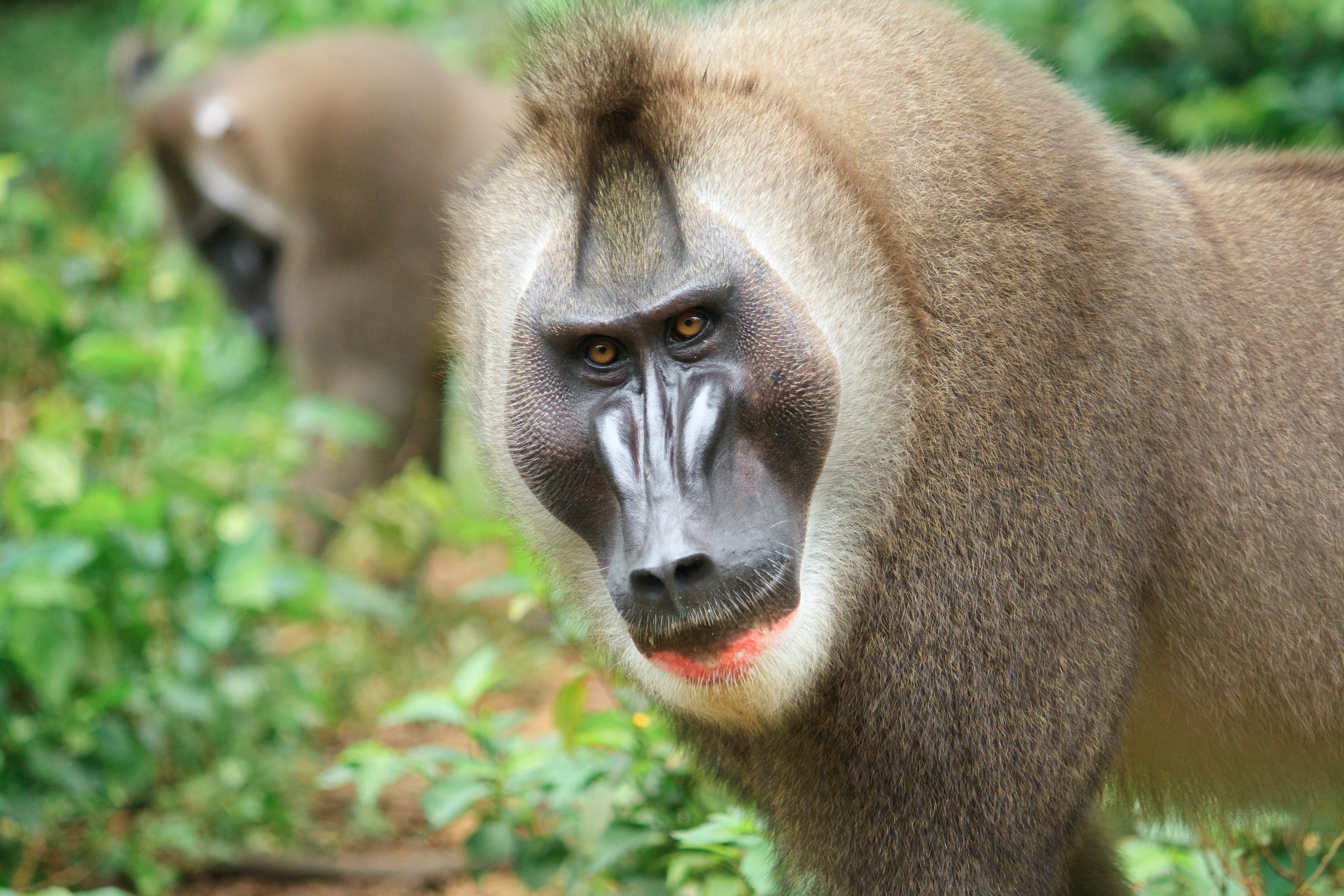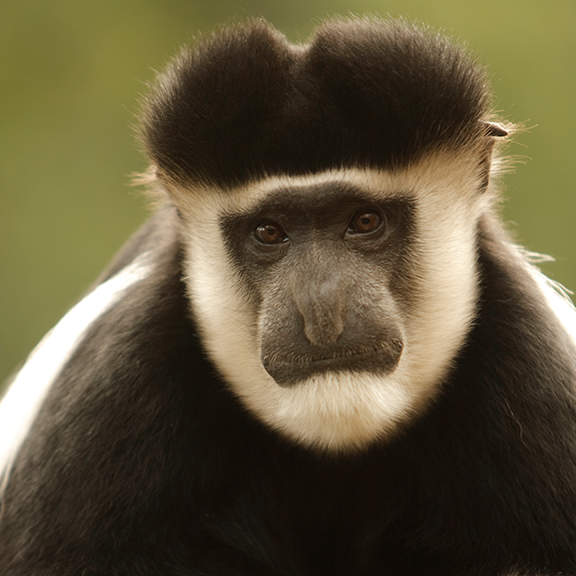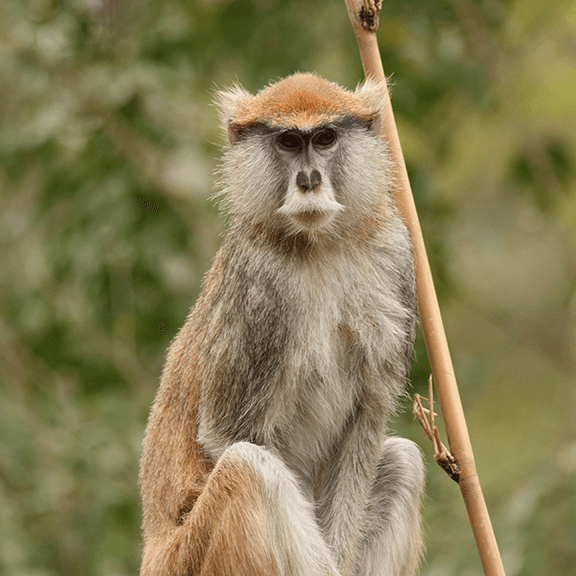
These primates are Old World Monkeys and are more closely related to humans and other great apes than they are to monkey species found in South and Central America. These monkeys are typically larger than those found in the Americas and unlike those distant relatives, they do not possess prehensile tails.


Like their great ape cousins, Africa’s monkey species are poached and illegally trafficked. Many of the monkeys who are rescued from these horrible industries receive a lifetime of loving care at PASA member wildlife centers. These facilities are constantly developing new methods of rehabilitation and rerelease. The Tchimpounga Sanctuary in the Republic of Congo has created a mandrill reintroduction project. Meanwhile, Colobus Conservation releases vervet and colobus monkeys in Kenya and the Vervet Monkey Foundation releases vervets in South Africa, in addition to educating local communities to promote a more peaceful coexistence between human and monkey species.
Read more about the PASA member wildlife centers, their work to protect Africa’s monkeys and how you can help Africa’s primates!

